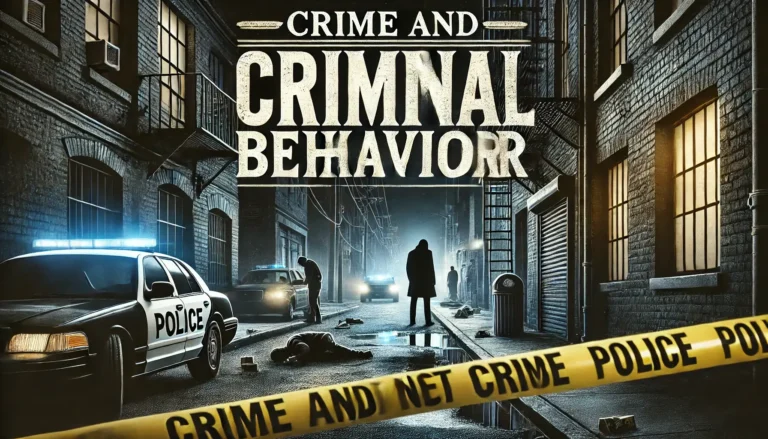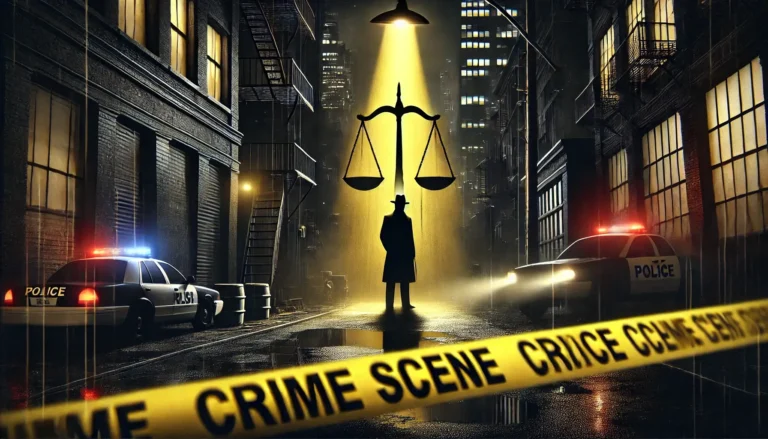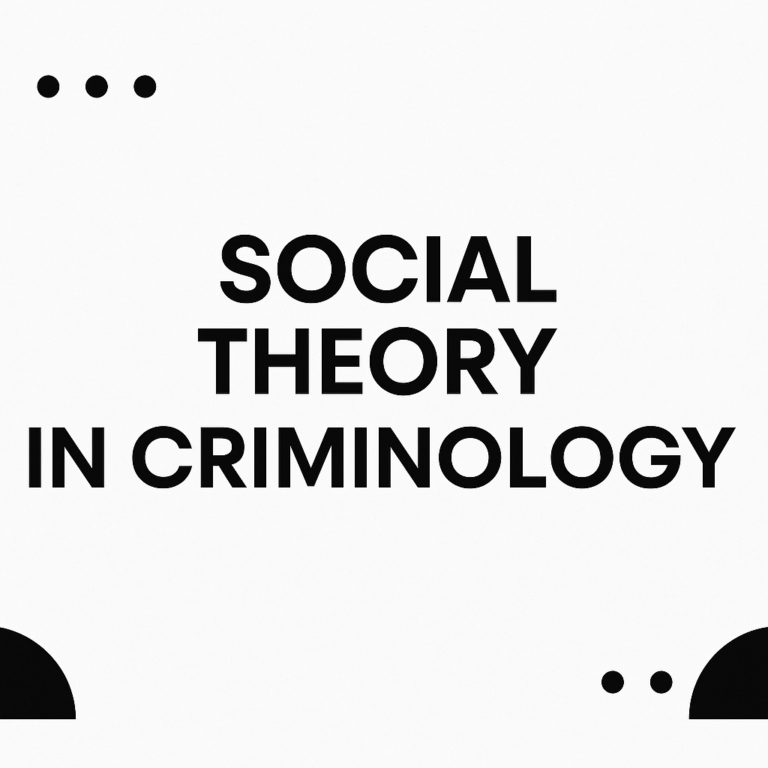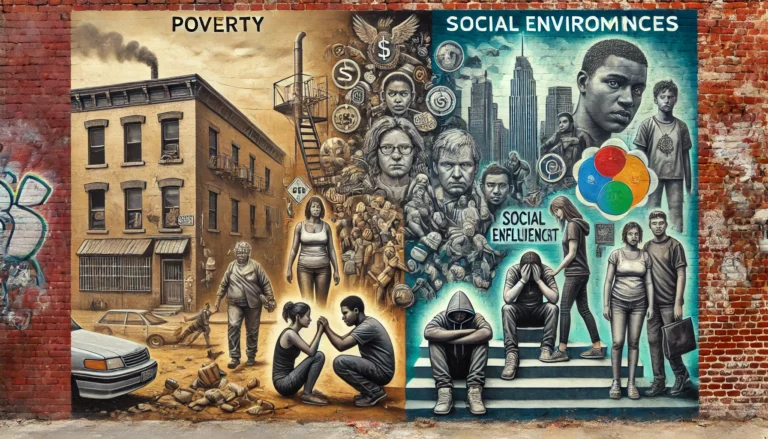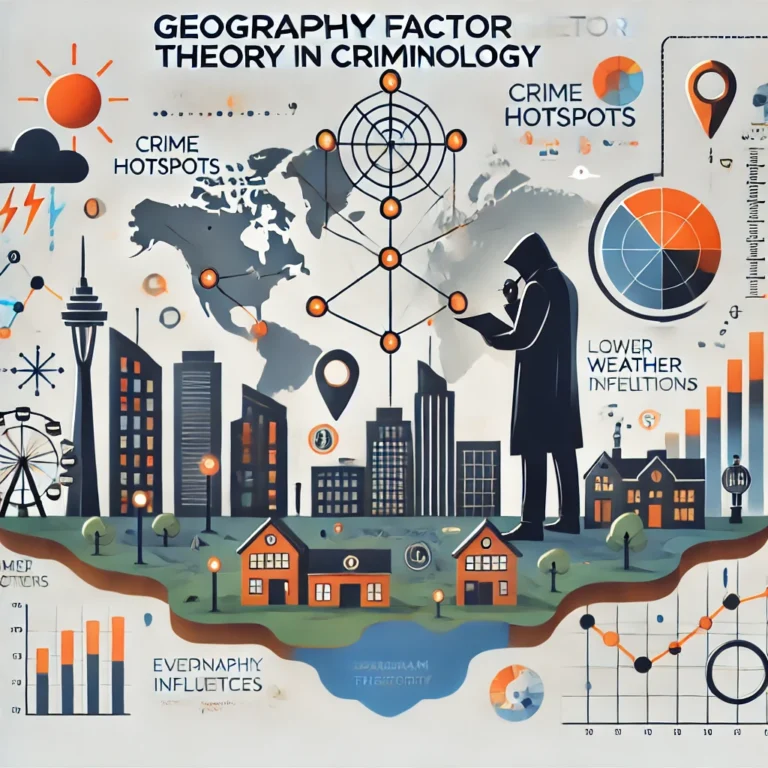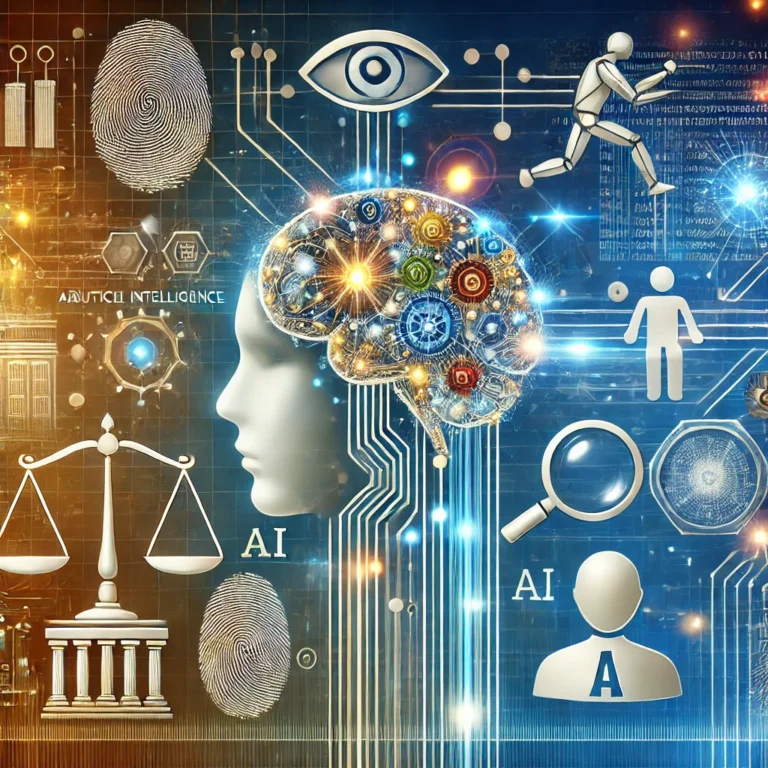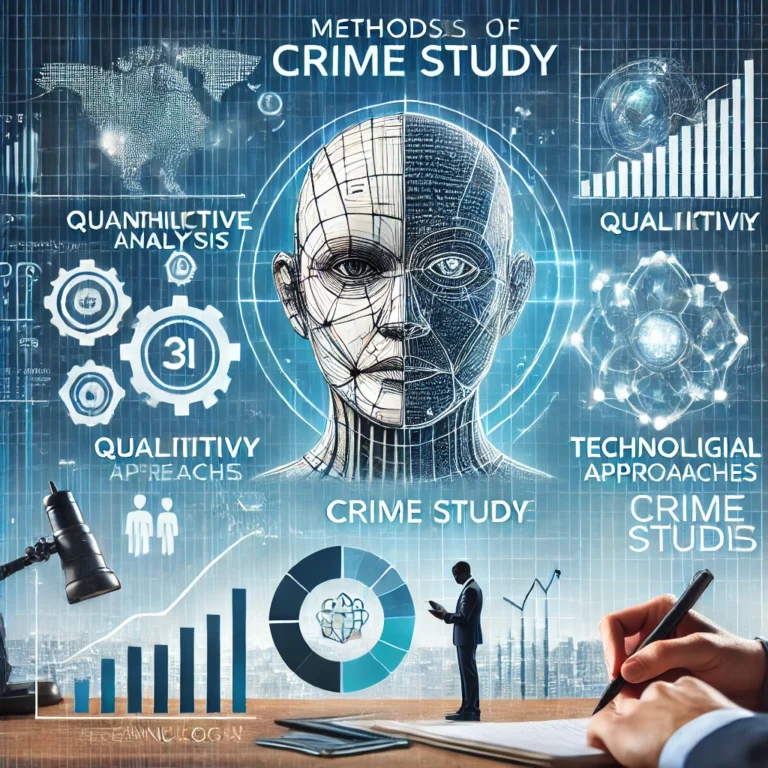Crime and Criminal Behavior: Causes, Theories, and Prevention
Introduction to Crime and Criminal Behavior Crime and criminal behavior are fundamental concerns in society, influencing legal systems, policies, and public safety measures. Crime refers to actions that violate legal norms and result in societal condemnation, while criminal behavior encompasses the psychological, social, and economic factors that lead individuals to commit crimes. Understanding the nature…

